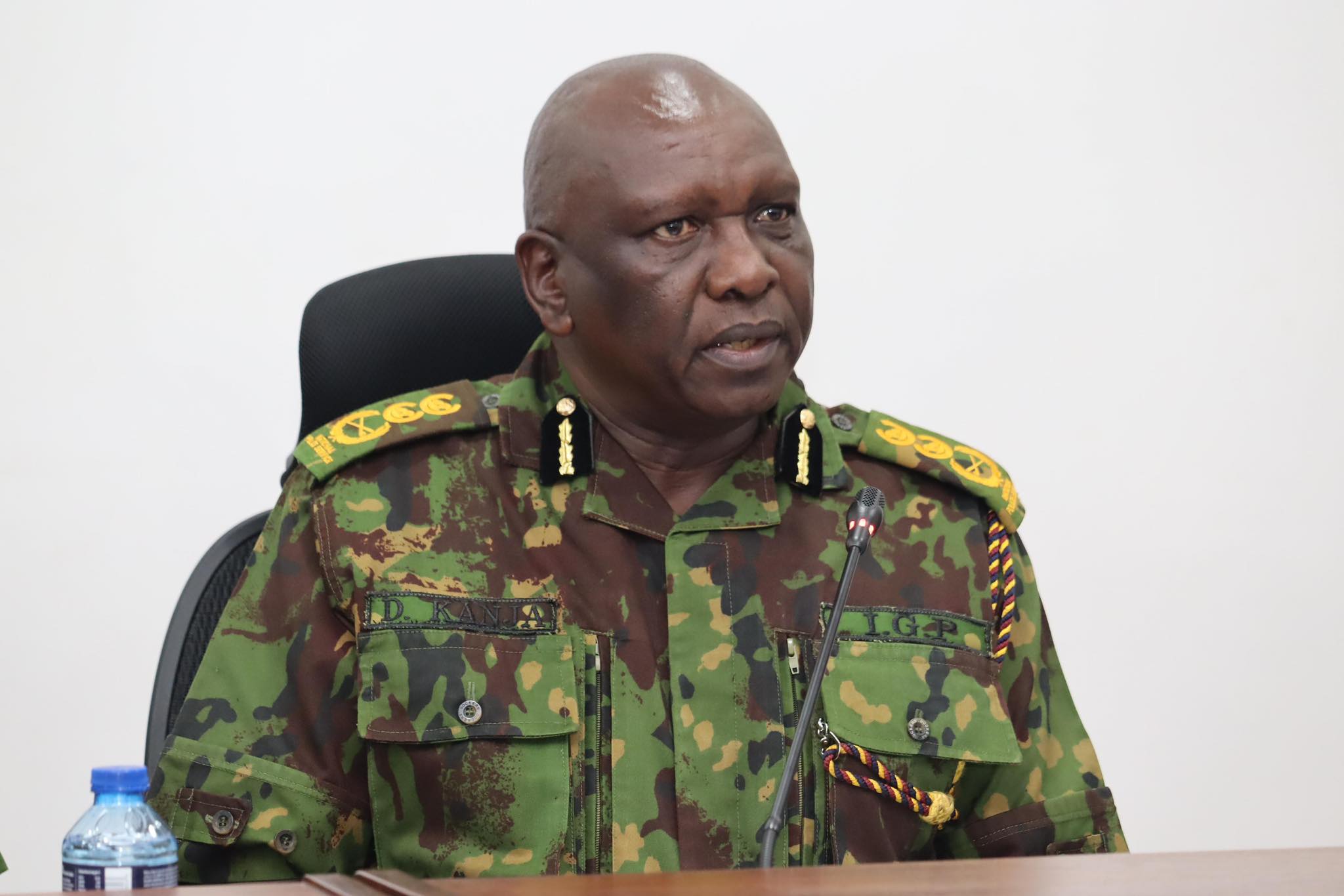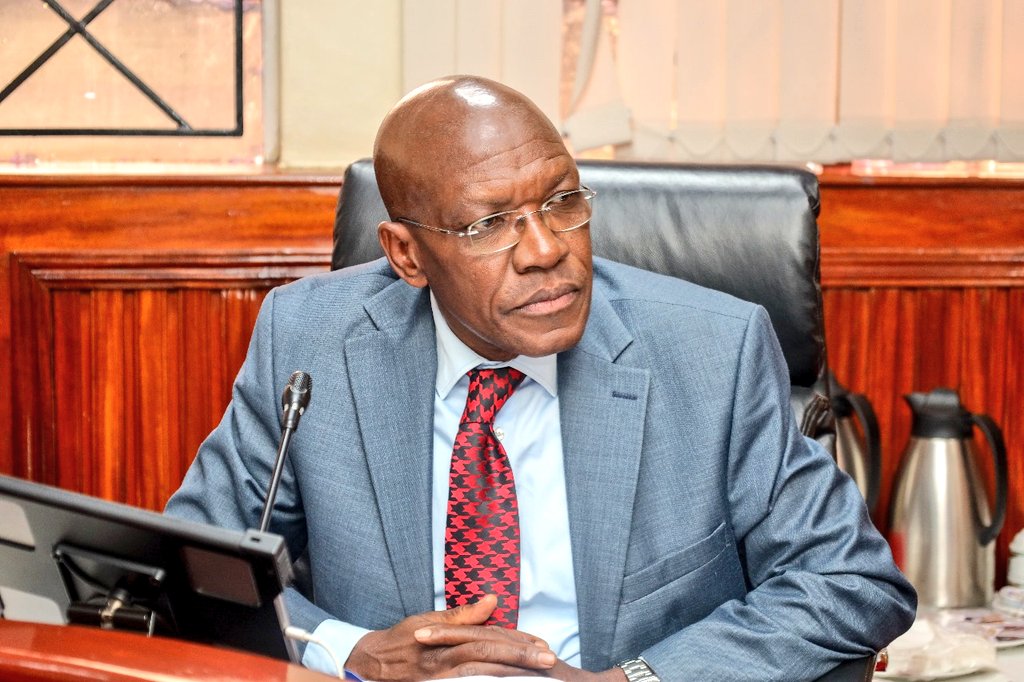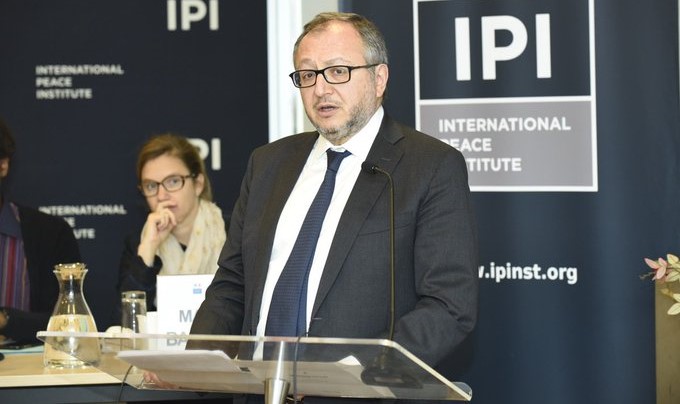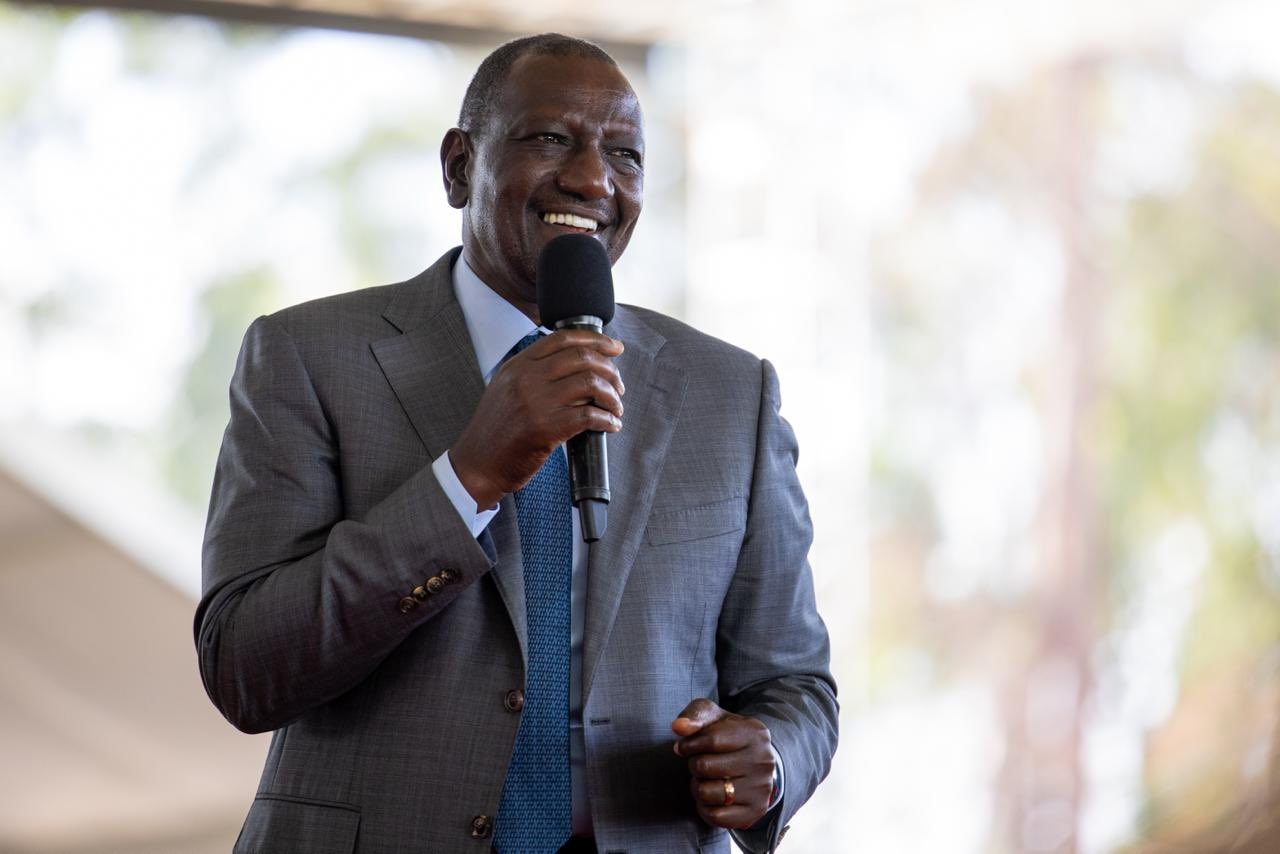MPs reject digital police recruitment over inequality concerns

MPs said it was premature to adopt a fully digital system in a country still struggling with patchy internet, low smartphone penetration, and electricity shortages in rural areas.
The government’s plan to digitise the recruitment of 10,000 new police officers has hit a snag after Members of Parliament opposed the move, warning it would exclude youths in underserved areas.
Meeting with Inspector General Douglas Kanja on May 27, legislators said it was premature to adopt a fully digital system in a country still struggling with patchy internet, low smartphone penetration, and electricity shortages in rural areas.
More To Read
- Man held in Kilimani over Sh2.5 million police recruitment scheme
- IPOA decries low turnout in police recruitment, recommends two-day exercise
- Senators order agencies to reconcile records on injured police officers’ claims amid conflicting figures
- Garissa resident sues National Assembly over police service commission appointments
- IPOA launches nationwide monitoring of police recruitment to ensure fairness, transparency
- Construction works force last-minute shift in Kamukunji police recruitment venue
The MPs criticised the rollout of the new Police Recruitment System (PRS), which was unveiled last week by the National Police Service Commission as a centralised digital platform intended to enhance transparency and fight corruption during the recruitment process.
But MPs Rasso Dido of Saku, Francis Sigei of Sotik, and Protus Akujah of Loima said such a shift could lock out many deserving candidates, especially in remote and pastoralist communities.
“As a person from the pastoralists group, I will not put my signature to this matter. I would like to know the jurisdiction you are borrowing from so that we can move digitally,” said Rasso, who is also the committee’s vice chairperson. He said the digital approach was not only costly but also insensitive to the realities facing many communities.
Akujah also raised concerns about network coverage, saying the rollout would be unfair. “Some areas in this country don’t have internet connectivity. What happens to them? Are they completely locked out? There are also areas where, apart from connectivity, the youths do not have smartphones,” he said.
The rejection came just hours after the police and the National Police Service Commission defended the planned digital system, arguing it would eliminate the bribery and favouritism that have plagued past recruitments.
Acting commission chair Edwin Cheluget said the PRS would manage every stage of the recruitment process, from applications to final appointments, with built-in tools to validate data and monitor integrity.
He said the Ethics and Anti-Corruption Commission, the Independent Policing Oversight Authority and the Kenya National Examinations Council would help monitor the process.
Kanja said previous recruitment rounds were flawed. “In previous recruitment exercises, the service faced cases of widespread reports of favouritism in recruitment that reduced public trust,” he said.
He added that the digital system, which includes biometric checks and automated scoring, would help fix long-standing problems in the recruitment process.
The police are aiming to recruit 10,000 new officers after a three-year break in hiring and the loss of over 4,500 officers since the last recruitment drive in 2022.
Despite the intended benefits, lawmakers insisted the country’s digital infrastructure must be improved before such a system can be fairly implemented.
Top Stories Today













































